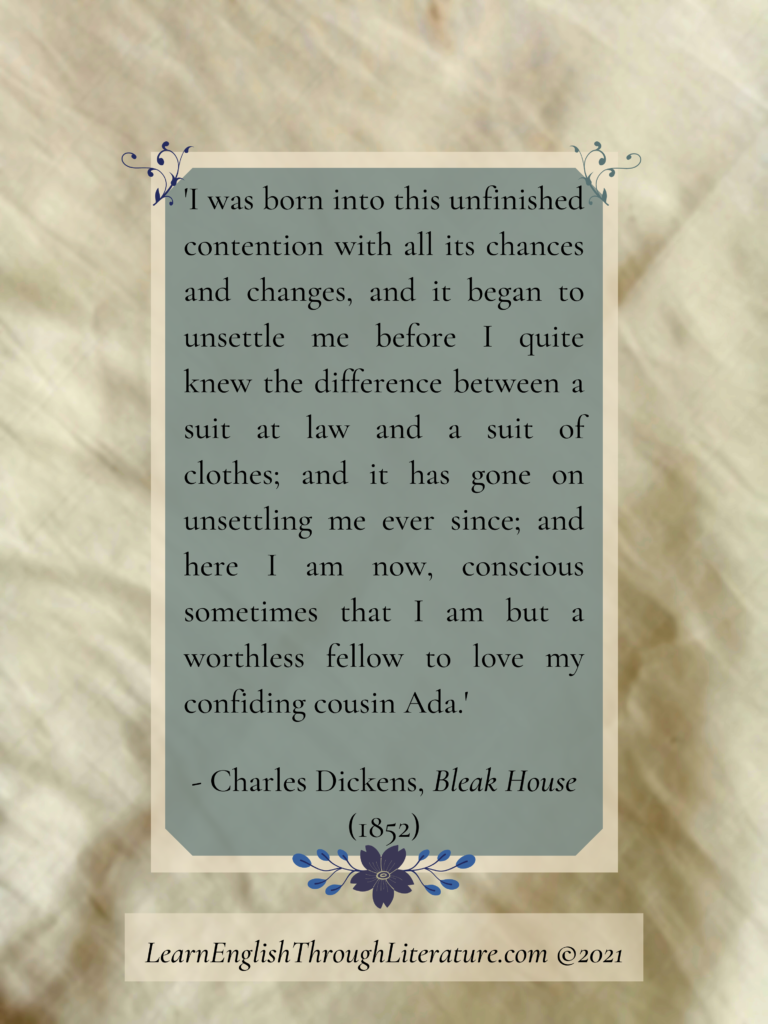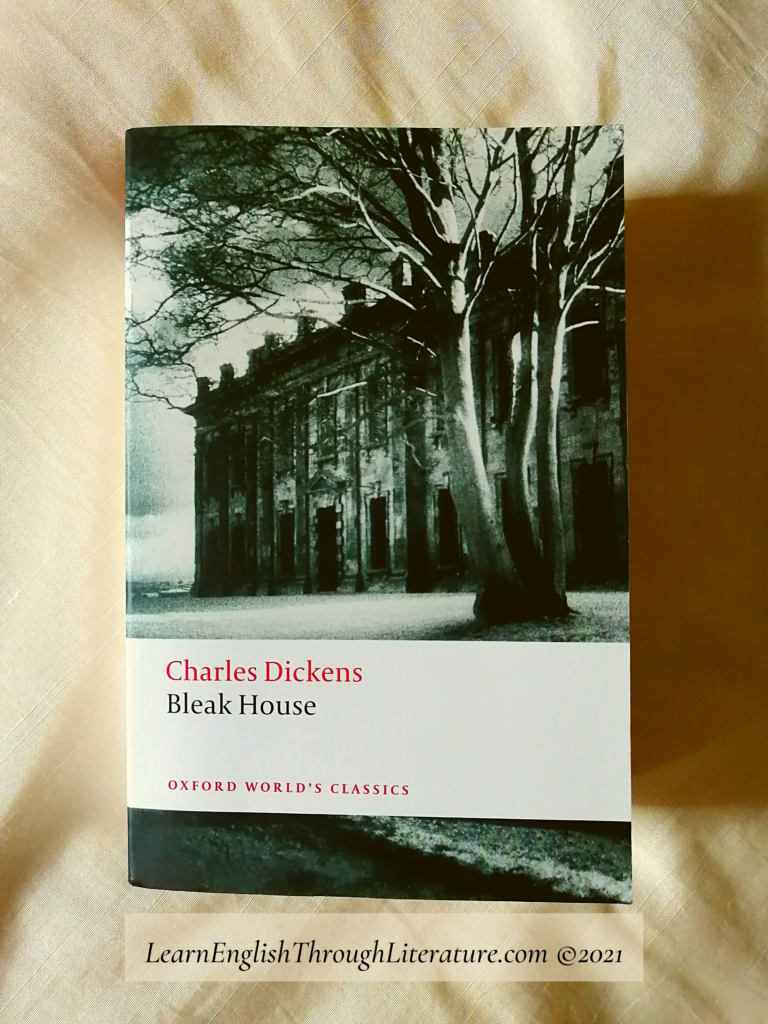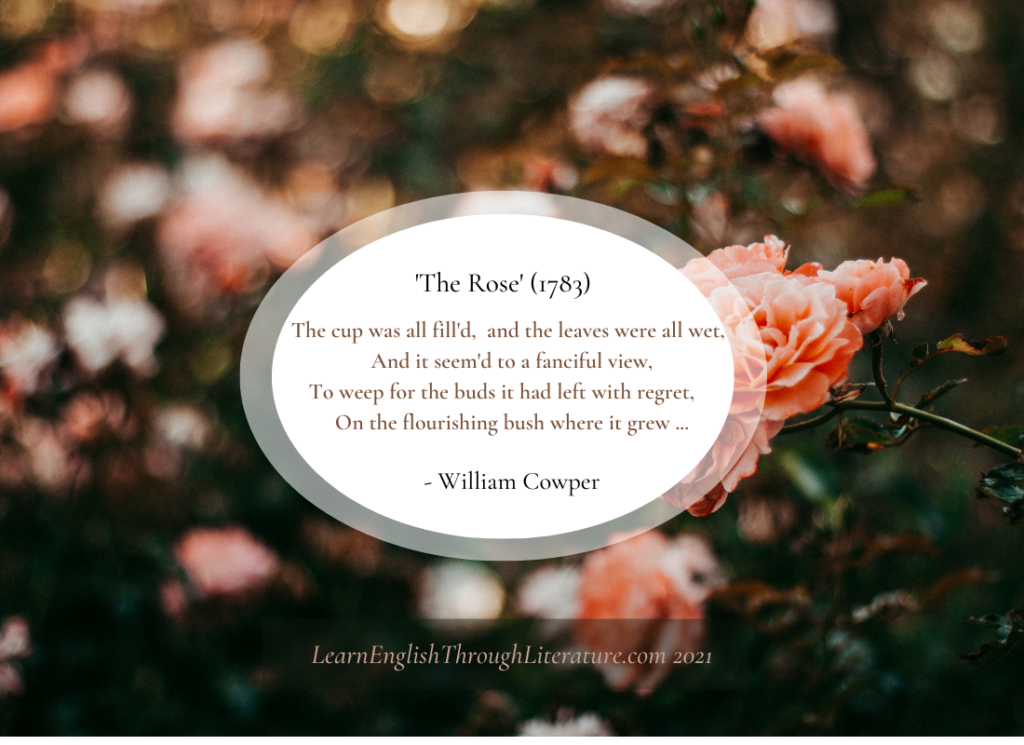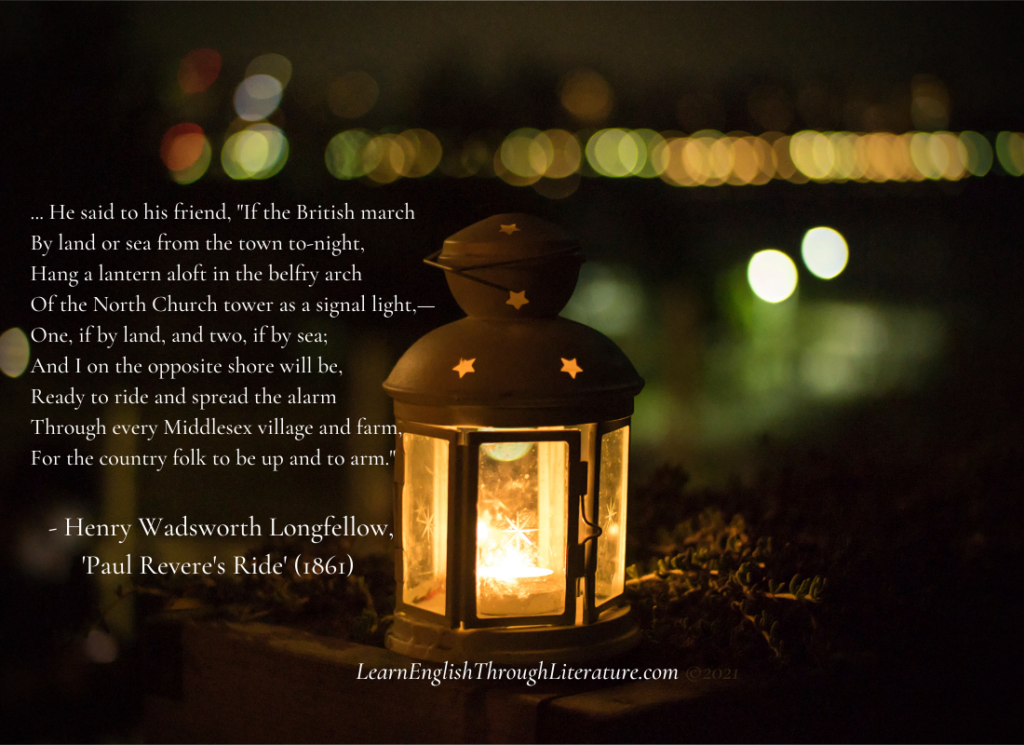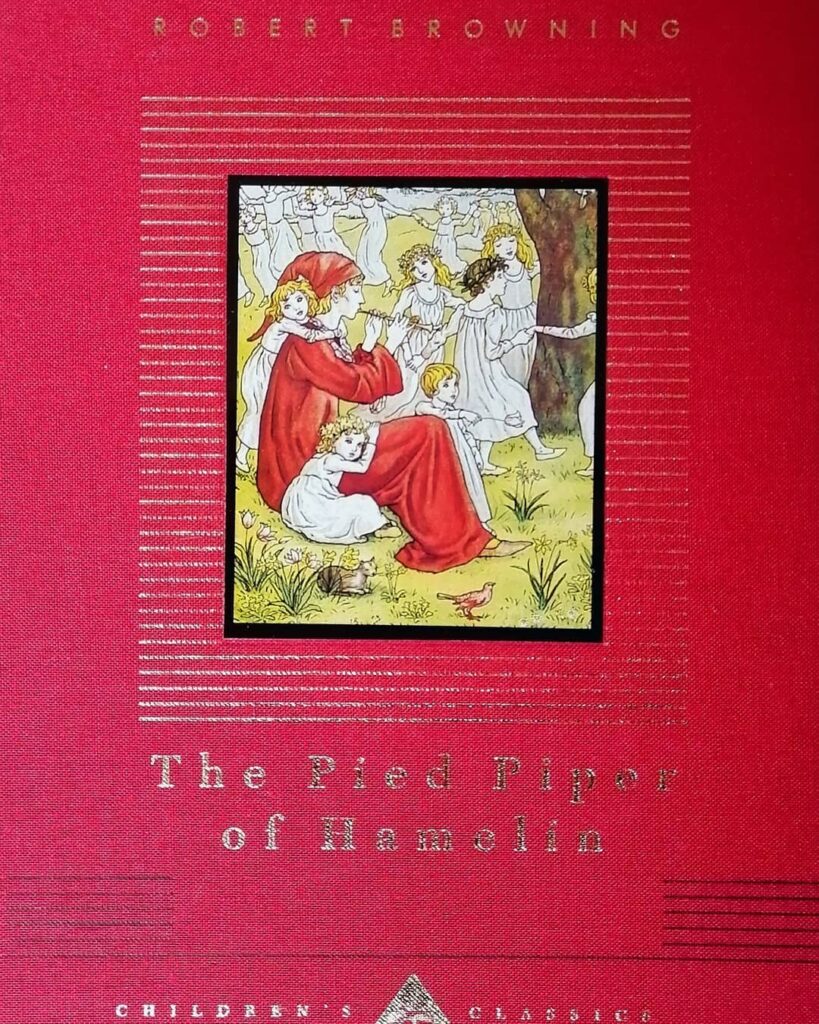Lesson #234: ‘To own her for a Friend’ (Emily Dickinson) – Making English a part of your thinking
To see her is a Picture – To hear her is a Tune – To know her an Intemperance As innocent as June – To know her not – Affliction – To own her for a Friend A warmth as near as if the Sun Were shining in your Hand. – Emily Dickinson, The Complete […]


